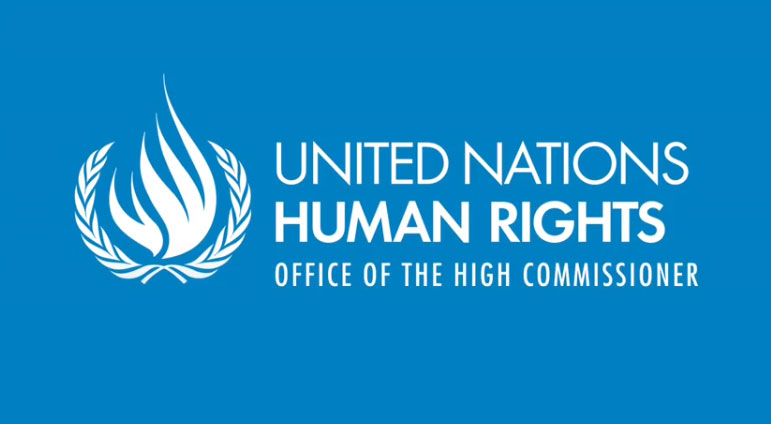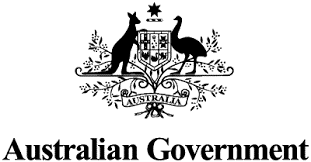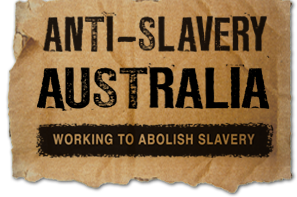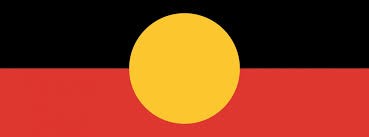Corporate Social Responsibility
Corporate Social Responsibility
Dobbie is committed to processes that will not only ensure business success but also demonstrate our leadership as a good Corporate Citizen.
Sustainability
Environmental responsibility is key to maintaining ongoing business sustainability. We support a precautionary approach in dealing with all environmental solutions. Initiatives that tackle environmental challenges are actively encouraged and when appropriate, championed.
We engage in the adoption of environmentally sound technologies. We have a strong environmental conscience.


Anti-Corruption and Anti-Bribery Vigilance
Dobbie maintains ongoing engagement with TRACE International to help it conform to the international requirements of anti-corruption and anti-bribery policies.
We continue to demonstrate our due diligence on this moral issue.

Dobbie is registered with TRACE International and has provided verified, baseline, due diligence data for likeminded companies
committed to commercial transparency through anti-corruption, anti-bribery and third-party compliance solutions.

TRACE International and the Trace Registered Access Code (TRAC) provide an end-to-end, cost-effective and practical solution for anti-corruption, anti-bribery and third party compliance.Through pooled resources and an expansive technology-enabled, knowledge centre, TRACE offers a customizable risk-based due diligence, training and advisory service with a mission to advance commercial transparency.
Conflict Free Minerals Sourcing
Dobbie’s Conflict Free Minerals Sourcing Policy:
Dobbie will endeavour to solely source raw materials and foundry additives from suppliers conforming with IPC 1755 Conflict Minerals Data Exchange Requirements (CFSI Conflict minerals reporting template). In all instances we will not consume materials of unknown metallurgy or origin.

Conflict-Free Sourcing Initiative: Helps shape industry response to conflict minerals reporting requirements by providing
access to Reasonable Country of Origin (RCOI) data, as well as information and insight about the developments on regional issues,
various sourcing initiatives and other regulatory schemes.
CFSI provides facilitated engagement with stakeholder groups, including civil society organizations, socially responsible investor groups,
governments and multilateral institutions to ensure companies have all the relevant perspectives to make ethical choices about supply
chain practices.
Human Rights & Anti-Slavery
As an advocate of Article 4 of the United Nations’, Universal Declaration of Human Rights (UDHR), Dobbie is proud to support initiatives that protect the rights of workers globally and strives to ensure no workers within the international Dobbie supply chain are unfairly exploited or treated.

The Office of the High Commissioner for Human Rights (UN Human Rights) is the leading UN entity on human rights.
The United Nations human rights programme aims to ensure that the protection and enjoyment of human rights is a reality in the lives
of all people. UN Human Rights also plays a crucial role in safeguarding the integrity of the three interconnected pillars
of the United Nations – peace and security, human rights and development.
Article 4 of the Universal Declaration of Human Rights (UDHR) states that ‘No one shall be held in slavery or servitude: slavery and the slave trade shall be prohibited in all their forms’
“An international legally binding Protocol is essential to fight forced labour and hold perpetrators accountable…this new Protocol will assist the more than 20 million people who are victims of forced labour today. These victims include migrants and persons who have been trafficked, including children.”

The Australian Government has a strategy to combat serious forms of exploitation, including human trafficking, slavery, and other slavery-like practices such as servitude and forced labour.
In February 2013, the Australian Parliament passed the “Crimes Legislation Amendment (Slavery, Slavery-like Conditions and People Trafficking) Act 2013” (Slavery Act) which is designed to combat all forms of slavery and servitude.

Dobbie is also proud to support Anti-Slavery Australia, a specialist legal research and policy centre dedicated to the abolition of human
trafficking, slavery and slavery-like practices such as forced labour.
Indigenous Engagement
We recognise the Whadjuk (Noongar) people as the traditional custodians of the land where Dobbie now operates. We pay respect to them, their history, their culture and their elders past, present and future.
Dobbie acknowledges the economic and social disadvantage that Indigenous Australians experience and is committed to playing its role in alleviating this inequity. Dobbie acknowledges and supports all employees’ aspirations for self-sufficiency. Through its engagement with the broader Indigenous community Dobbie seeks to provide effective opportunities for Indigenous Australians to actively participate in the workforce and make a positive contribution to the enhancement of Australia’s worldwide reputation for manufacturing excellence.

Dobbie’s formal Strategy is aimed at enhancing our engagement with Indigenous Australians and creating an organizational culture such that Dobbie becomes an employer of choice for Indigenous people. To facilitate this position Dobbie proactively seeks partnering opportunities with Indigenous community groups. We believe this is an important first step towards ‘closing the gap’ for indigenous communities.

The Wirrpanda Foundation aims to improve the quality of life for Aboriginal and Torres Strait Islander Australians across our two pillars of education and employment. The priority of the Foundation remains employing local Aboriginal role models who are empowered to build capacity in their own communities.
Work Experience Opportunities
Dobbie offers limited short-term unpaid work experience placements for students undertaking High School or further education. These roles are intended to benefit the individual by helping them transition from study to work.
Placements are designed primarily to provide work experience for the individual and are not designed to fill work gaps or to perform duties that would or might otherwise be done by paid team members. The expectations for these placements are that the individual will observe our team members and gain exposure to a work setting.
Professional or trade placements enable individuals to gain invaluable knowledge and insight into 'real' industry and aid in professional development.
